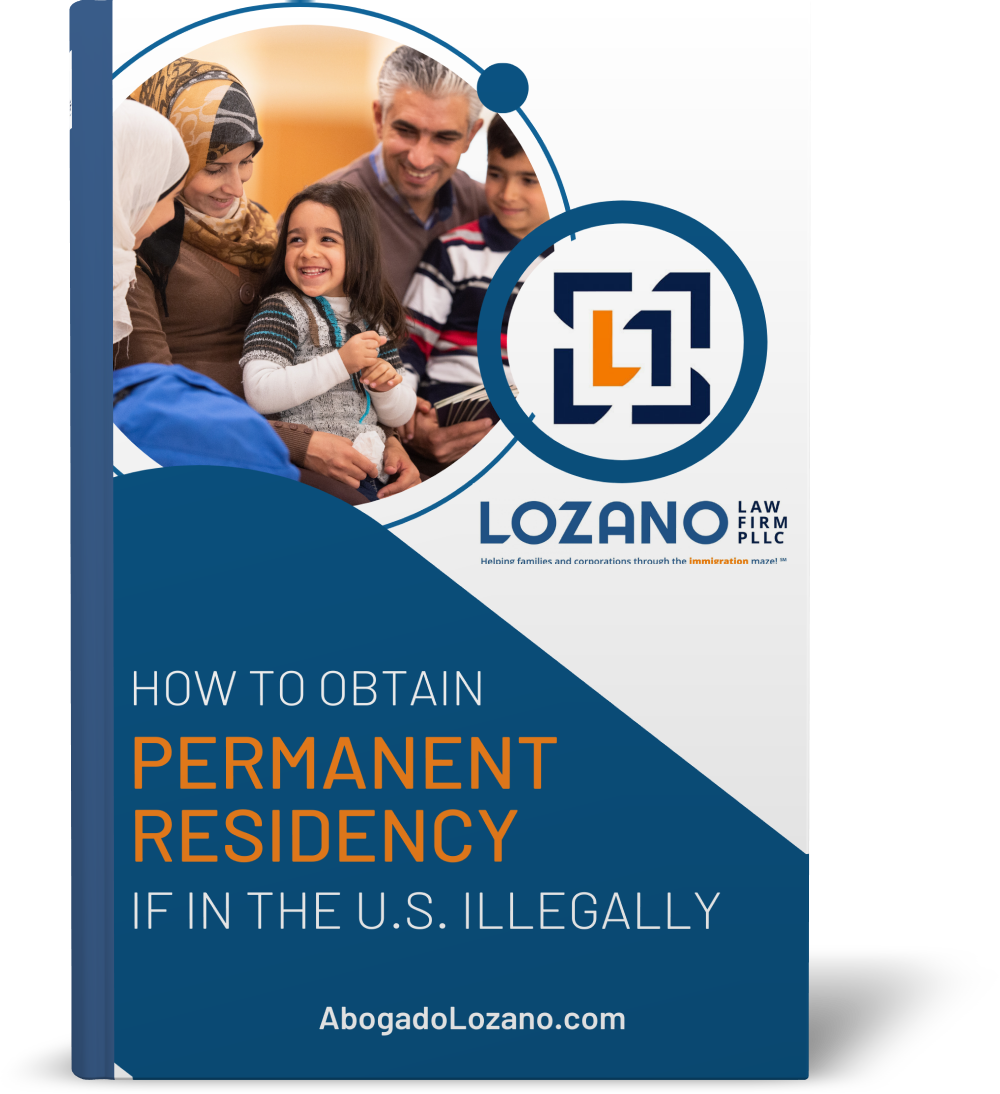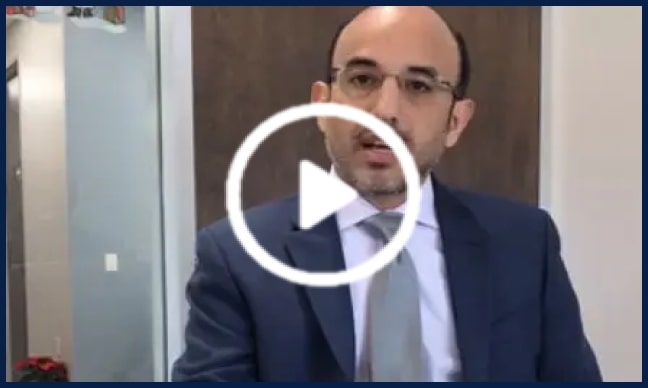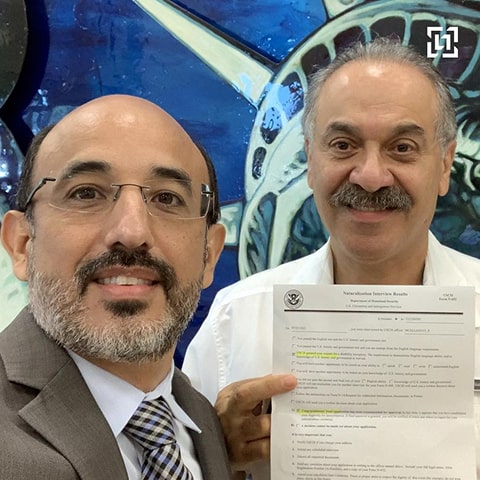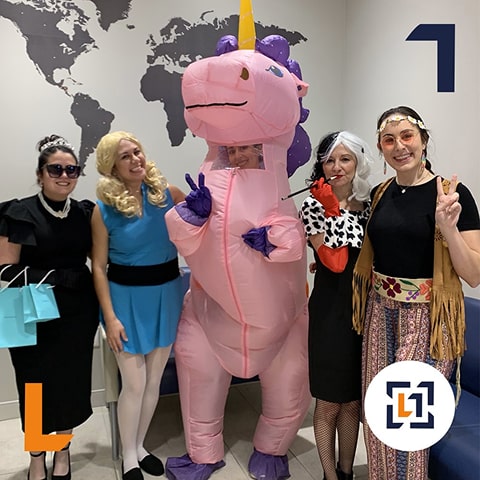Going through Green Card immigration is like embarking on a foreign journey. There are specific steps to follow, documents to gather, and deadlines to meet. For someone unfamiliar with the U.S. immigration system, it’s easy to feel overwhelmed.
The stakes are high; a single oversight can lead to delays or denials. This is where a Green Card application lawyer in San Antonio comes in. Their knowledge can simplify this complex process, making your path to lawful permanent residency seamless.
The Role Of A Green Card Application Lawyer
Is there a best immigration lawyer for Green Card? That question probably crossed your mind several times. Rightly so, since the journey towards permanent residency in the United States can be overwhelming. Representation from a Green card law firm does give you an edge over going through the process alone. Here’s how they navigate the intricacies:
Assistance In Complex Cases
Everyone has unique life stories. These stories might sometimes include bumps in the road, such as previous law violations or application denials. Such complexities can make the application process even more challenging. However, dealing with issues becomes more manageable with an immigration lawyer at your side.
Their experience in handling various immigration cases can be a great advantage. They will know how to work around these issues and find a suitable solution to get you closer to your permanent residency.
Guidance Through The Application Process
Have you ever tried assembling a complex puzzle without a clear picture of the result? That’s what diving into Green Card forms can feel like. The sheer volume of paperwork can be daunting. Even a single mistake can lead to setbacks that can delay your application for months. An immigration attorney clarifies the process, ensuring each piece fits perfectly and every detail is accurately captured.
Keep Up With Changing Laws
Immigration laws are constantly evolving. There’s always a new policy, a slight tweak here, or a complete change there. It’s a lot to keep up with. However, Green Card attorneys are always in the loop. They attend seminars, participate in workshops, and stay updated with the latest policies and regulations.
So, when you consult an immigration lawyer, you’re not just getting advice; you’re getting the most current and relevant guidance.
A Guide Through The Eligibility Categories
There are different routes to obtaining a Green Card, such as through employment, family, or as a refugee. Each category comes with its own set of criteria and requirements. A lawyer helps you understand your category and what that means for your application process. They break down the jargon and provide a clear roadmap tailored to your situation.
Thorough Documentation & Filing
Gathering essential paperwork is like collecting ingredients for a recipe. Miss one, and you could compromise the whole dish. Similarly, missing out on a key document or inaccurately filling out a form can jeopardize your application. Lawyers meticulously review every document, ensuring that the application is error-free and stands the chance of approval.
The Green Card Application Process
Applying for a Green Card is more than just wishing to live and work in the United States. It’s also about understanding and managing complicated requirements and regulations.
If mismanaged, every step can delay or derail your hopes of obtaining this document. Immigration law firms assist in this process. They ensure that applicants are eligible for a Green Card and are well-informed and prepared every step of the way.
Determine Eligibility
The Green Card process begins well before you start on the paperwork. It kicks off with the essential task of determining eligibility. How do you know you qualify to apply for a permanent resident card?
There are multiple avenues to eligibility, each tailored to cater to varied circumstances. The USCIS webpage breaks down the Green Card categories into the following main groups:
Family-Based Immigration
Undoubtedly the most prevalent path to a Green Card, family-based immigration accounts for a substantial portion of Green Cards issued annually. It places a high priority on family reunification and extends Green Cards to:
- Immediate Relatives: This includes spouses, unmarried children under 21, and parents of U.S. citizens. They are generally not subject to numerical limits. They can proceed with the application process once the U.S. citizen files a petition on their behalf.
- Preference Categories: These categories are for specific relationships with a U.S. citizen (siblings, adult children) or a lawful permanent resident (spouse, unmarried children). Applications are subject to numerical limits set by Congress each year, resulting in wait times that vary based on the category and the applicant’s home country.
Employment Based Immigration
This category caters to attracting skilled workers and those who can contribute significantly to the U.S. economy. It offers Green Cards through various subcategories, including:
- Employment First Preference (EB-1): This is for individuals with extraordinary abilities in science, arts, education, business, athletics, outstanding researchers, or multinational executives.
- Employment Second Preference (EB-2): This is for professionals with advanced degrees (or equivalent experience) and exceptional ability in their field.
- Employment Third Preference (EB-3): This is for skilled workers, professionals, and certain other workers.
- Investors (EB-5): This is for individuals investing significant capital (currently $1.8 million; June 2024) in a U.S. commercial enterprise that creates jobs.
Other Categories
While less common, Green Cards are also available through categories like:
- The Diversity Visa Lottery Program: A random annual draw to provide a limited number of permanent resident cards to nationals of countries with historically low immigration rates to the U.S.
- Refugees & Asylees: Individuals fleeing persecution or violence in their home countries may be eligible for Green Cards after meeting specific requirements.
Eligibility requirements depend on the category under which you are applying. Your unique circumstances dictate the specific rules, timelines, and documentation requirements you must adhere to. Thus, having an attorney for a Green Card to guide you in understanding this process better is crucial.
The Key Documents You Need
Once you’ve identified your eligibility category, you will face the critical task of handling documentation. The application process is as much about validating your claims as it is about filling out the forms. You’re not just providing details. In this case, you’re painting a picture of your life substantiated with the correct documents.
Birth certificates serve as evidence of your origins. Work experience letters validate your professional journey. Marriage certificates strengthen claims of familial ties. Other proofs of relationships or circumstances provide additional reinforcement for your case.
Every document plays a pivotal role, serving as a piece of a larger puzzle. Any missing or inaccurate piece can disrupt the entire picture. It is essential to examine each detail carefully.
General Application Process
Those seeking a Green Card typically have to undergo the same process. There may be a few differences depending on which pathway you choose to take, but here are the general steps to apply for a permanent resident card.
- Immigrant Petition: The process usually begins with someone, often a family member or employer, filing an immigrant petition on your behalf. This petition sponsors your application for a Green Card. In some cases, you may be eligible to file the petition for yourself.
- USCIS Approval: Once USCIS approves the petition, you already have the basis for eligibility. The approval indicates that you meet the criteria for the specific category you are applying for.
- Visa Availability: You must wait until a Visa becomes available in your category. Visa availability depends on your immigrant category, country of origin, and the Visa Bulletin. Some categories have immediate Visa availability, while others may have waiting periods due to quotas and backlogs.
- Green Card Or Visa Application: Once a Visa is available in your category, you can file Form I-485, Application to Register Permanent Residence, or Adjust Status with USCIS if you are in the United States. If outside the country, you may apply through consular processing.
- Biometrics Appointment: After you submit your application, you will be scheduled for a biometrics appointment. Here is where you provide fingerprints, have your photo taken, and sign relevant documents. This biometric information is used for background checks and identity verification.
- Interview: In some cases, USCIS may require you to attend an interview at a local office. An immigration officer typically conducts it, and they review your application, ask questions about your eligibility, and may request additional documentation.
- Decision: Following the interview or after USCIS reviews your application, you will receive a decision regarding your Green Card application. If approved, you will be granted lawful permanent resident status. If denied, you will receive a notice explaining the reason. Even then, you may have the option to appeal the decision.
Seeking the help of a Green Card application lawyer can make your application a whole lot easier. They can stand with you during the process and assist you in dealing with challenges.
How To Deal With Delays
Experiencing delays while pursuing a permanent resident card can be frustrating. Understanding how they happen to avoid or lessen their impact is important. Knowing the causes of these obstacles can help tackle the issues proactively and ensure a smoother journey through the application process.
In these intricate processes, the help of immigration lawyers can be invaluable. With their seasoned insight, they can preemptively identify potential roadblocks or swiftly address them if they emerge.
The result? A smoother journey through the Green Card application labyrinth. Having immigration attorneys on your side can help expedite certain stages. They can also offer reassurance, turning an arduous wait into a more manageable experience.
Seek Help From A Green Card Application Lawyer
Investing in professional guidance often expedites the process. It ensures that those eligible for a Green Card can begin their new chapter with peace of mind. If you are unsure where to start, contacting Lozano Law Firm can be an excellent first step toward securing your future in the United States.
With experience in immigration law, we become your reliable partner in navigating the complexities of the Green Card application process. Whether you’re dealing with intricate paperwork, uncertain eligibility, or potential delays, our team of experienced lawyers is dedicated to providing the support you need for a successful Green Card application.
Navigating the intricate Green Card process is like embarking on a complex journey with deadlines. A Green Card application lawyer simplifies and ensures a seamless path to permanent residency and eventually to citizenship through naturalization. Immigration lawyers aid in understanding eligibility, gathering documents, and managing delays. They offer tailored guidance, handle complex cases, and ensure accurate submissions.
Delays often result from inaccuracies or policy changes. Experienced attorneys for immigration provide comprehensive support, stay updated with changing laws, and increase the chances of success. Seeking help from a skilled lawyer for immigration expedites the process for Green Card hopefuls.





















